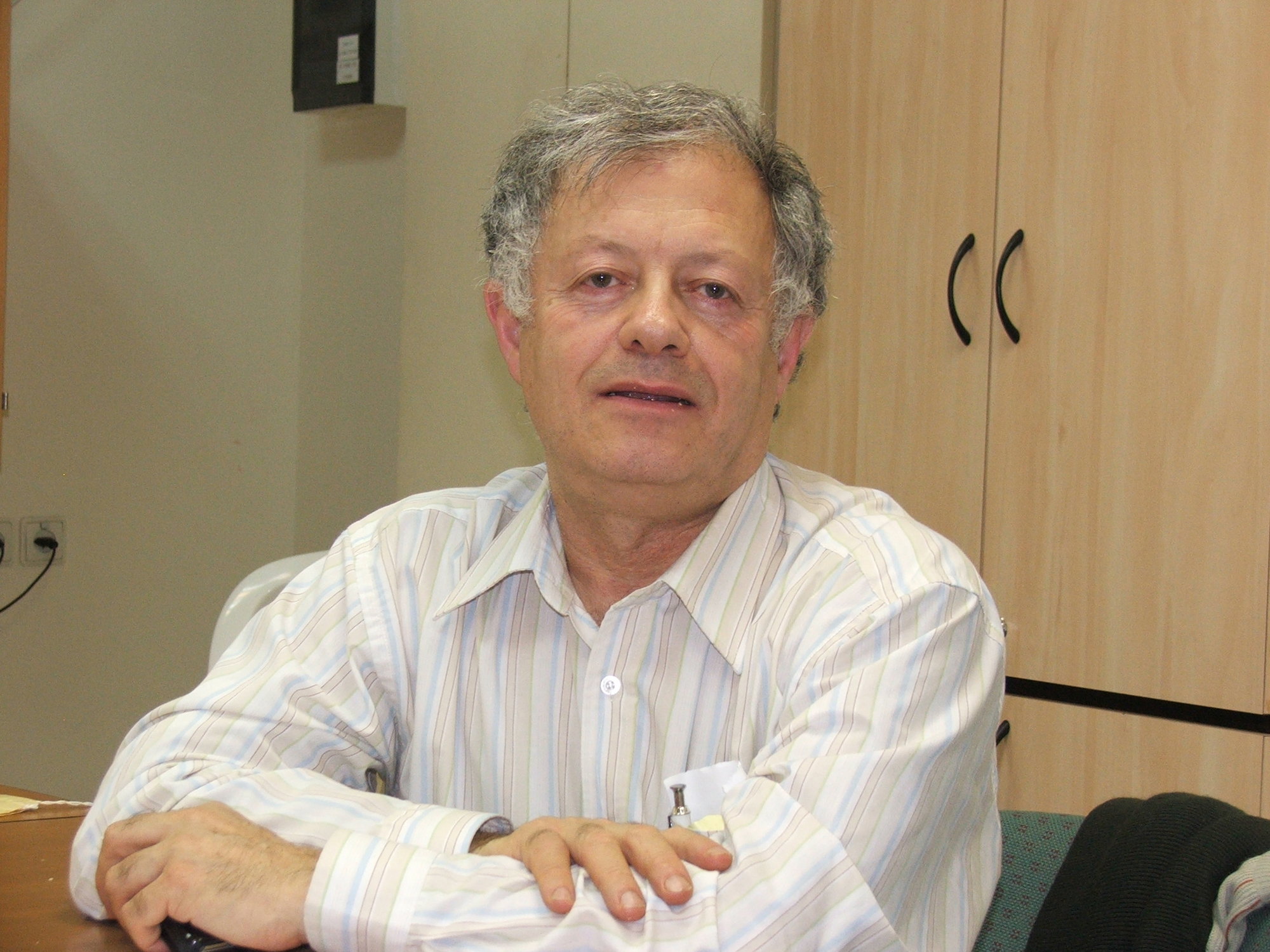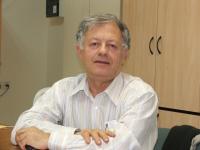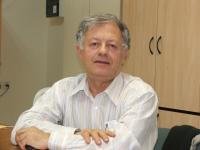„Our wish was for our unborn children to live in a society that will accept them completely.“

Stáhnout obrázek
Mr. Juraj Gross was born in Košice (Slovakia) in 1946. Although his parents were not religious, they used to regularly attend the local Jewish meetings. Juraj Gross attended the Mathematics and Physics Faculty of Charles University in Prague during the liberal years of 1964 - 1968. He participated in the events of Jewish Youth movement called Maislovka in Prague. Later, he returned to Slovakia and finished his studies in Bratislava. He worked in engineering in the programming of an early computing machine. During the late 1970s, he personally experienced anti-Semitism in Slovakia. This experience supported his idea and the decision to immigrate. During his vacation in former Yugoslavia in 1980, he and his family immigrated to Israel. In Israel, he found himself a job in his professional field quickly and his wife, who was a pharmacist, found a job as well. Presently, he still works as a system programmer in the DSM language in large mainframe computers in Haifa, Israel.

